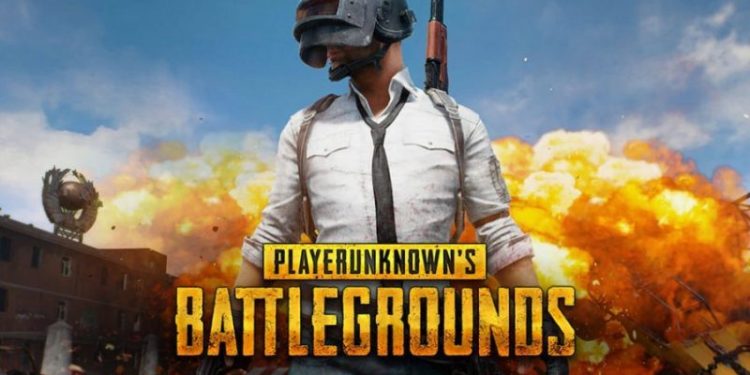New Delhi: Call it the gravest level of gaming addiction, but three years back, two Delhi brothers – hooked to gaming consoles in such a way that they forgot to take meals, bathe or even take loo breaks – finally ended up in a rehabilitation facility.
Three years is a long time in the world of gaming, but in the world of technology, it has only got worse.
With smartphones getting cheaper and better, mobile gaming has taken off and millions of Indian youth are now hooked to games like PlayerUnknown Battleground (PUBG).
After playing PUBG for six straight hours, a 16-year-old student of class XII named Furqan Qureshi from Neemuch in Madhya Pradesh succumbed to a major cardiac arrest last week and lost his life – just as he lost a mission in the multi-player mobile game.
The cardiologist who treated him to the biological and mental after-effects of PUBG has now urged the government to put an end to the addictive game before it threatens lives of more children in India.
“He was a young boy with a healthy heart. He was a swimmer and had no history of heart issues. The rush of anxiety, anger and hormones triggered a deep shock situation that unfortunately blocked his heart,” Dr Ashok Jain, Cardiologist at Pukhratan hospital, Neemuch told IANS.
“He was brought without a pulse. We tried to revive him but we could not,” Jain added.
Developed by a South Korean company video game company Bluehole and launched in 2017, the “survival of the fittest” idea-based battle game was quick to gather a global gamer-base of 227 million but has been infamous for its addictive nature.
With an in-game talking feature, PUBG connects strangers and friends from around the world in real-time to kill enemies and emerge as mission winners.
In October 2018, a 19-year-old Delhi boy was arrested for killing his parents and sister because they did not approve of his lifestyle that revolved around playing PUBG with his peers at a secretly rented room.
In May, a 19-year old Ahmedabad girl married with a year-old baby demanded divorce from her husband because of her immense indulgence in PUBG.
“I request parents as well as the government to take strict measures against such games. Not only are games like PUBG hindering the mental, emotional and physical development of teenagers but are also posing life threats now. Its shocking and alarming,” warned Jain.
Recent studies suggest that three out of four Indian gamers play mobile games at least twice a day, for an average of over 60 minutes each day. Mobile gaming is now prevalent in tier-2 and tier-3 cities with similar amounts of time spent by the users.
According to the World Health Organisation (WHO), people who partake in gaming should be alert to the amount of time they spend on gaming activities, as well as to any changes in their physical or psychological health and social functioning that could be attributed to their pattern of gaming behaviour.
Pointing out that it adversely affected child psyche and their studies, the Gujarat State Commission for Protection of Child Rights in January issued a letter to the state government seeking a ban on PUBG. The state also urged the Centre to initiate proceedings on banning the online game.
The game, which allegedly fuels aggressive behaviour in gamers and promotes violence, has been banned in Nepal and Iraq.
Chinese tech giant Tencent, that holds shares in PUBG’s parent company, put an end to PUBG in China, replacing it with an anti-terrorist themed less violent game named “Heping Jingying” or “Game for Peace”.
However, there are some who do not want PUBG to be banned.
“I play PUBG everyday. What happened with Furqan has shocked us all. I do not want the game to be banned because it is a good stress buster but I would try my best to limit my playing hours,” said Prashant Sharma, a 20-year-old student from Pune.
(IANS)






































